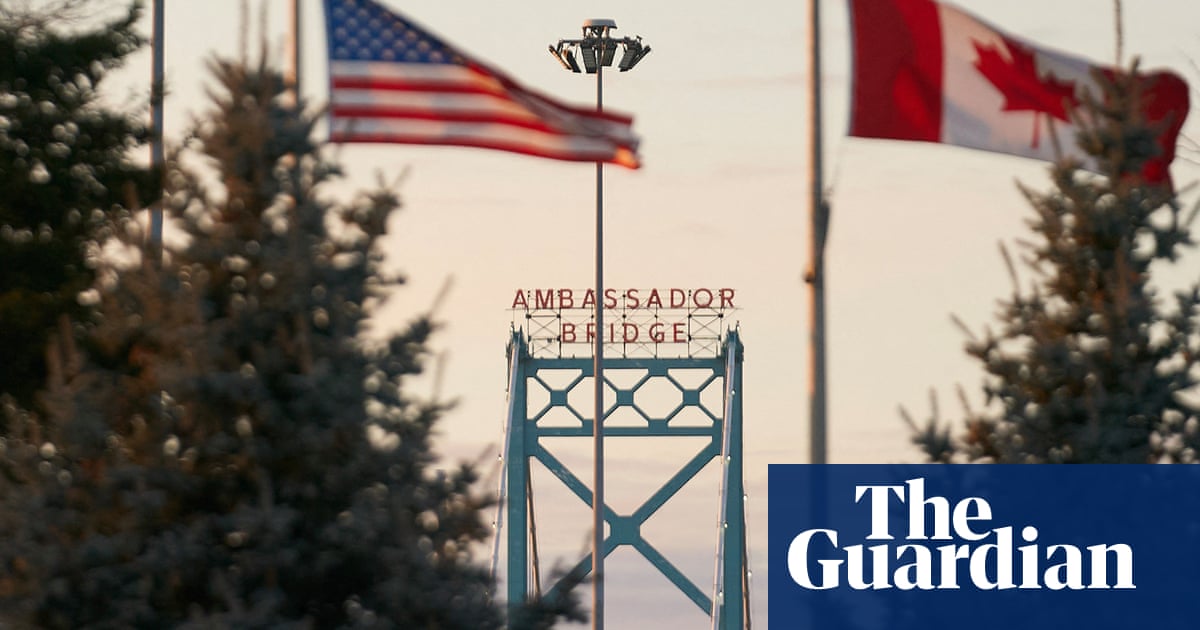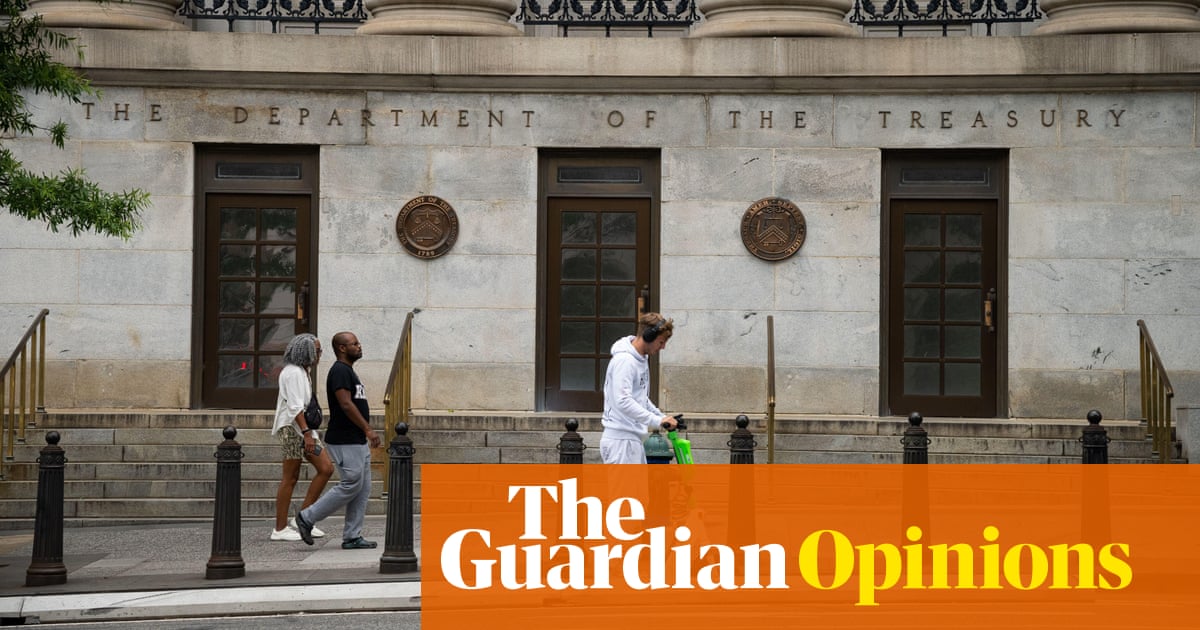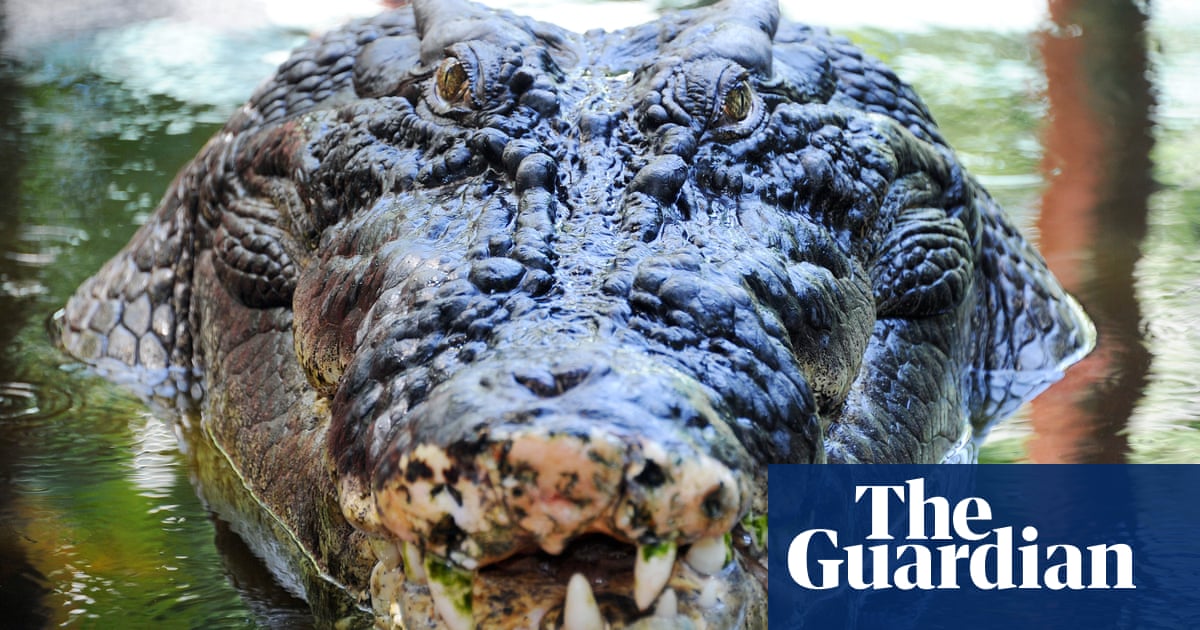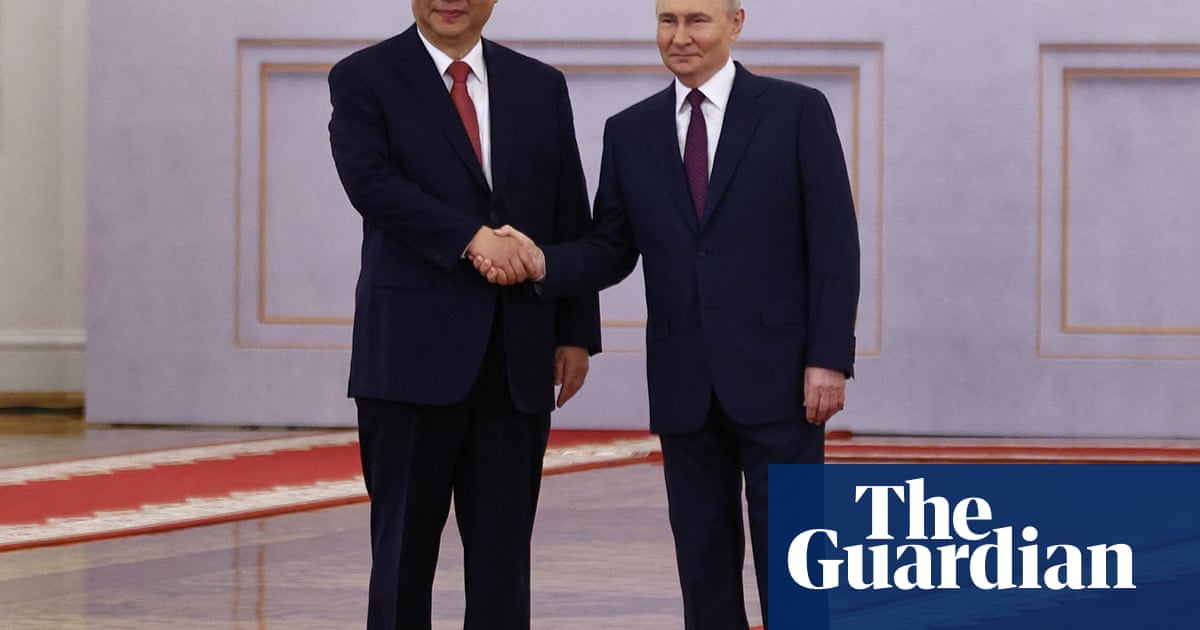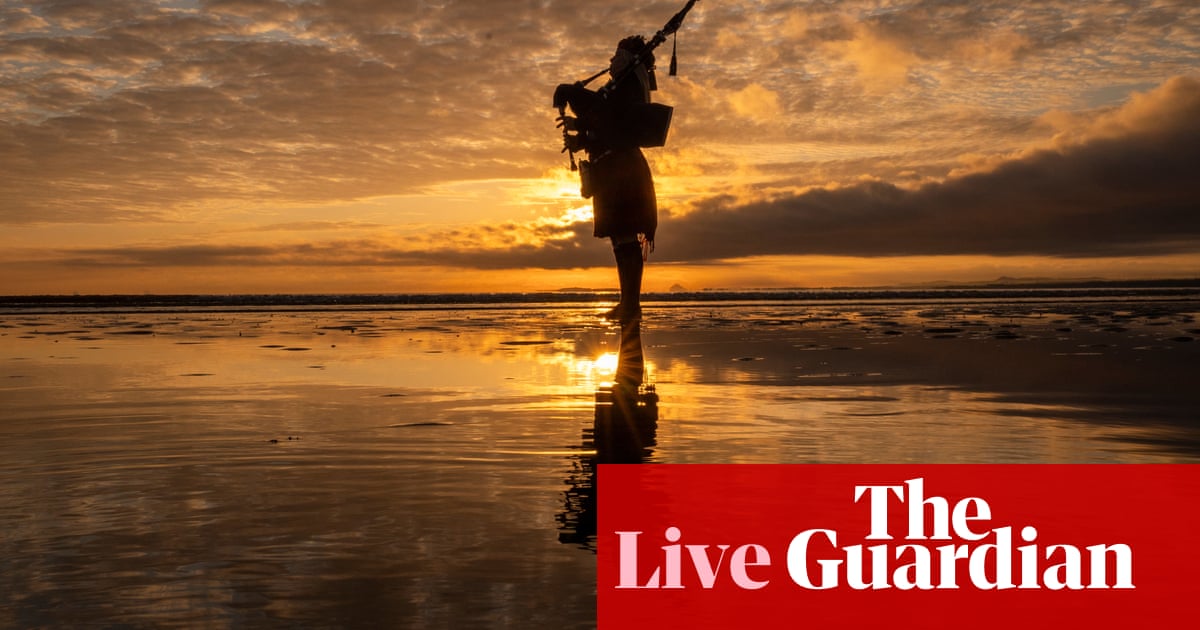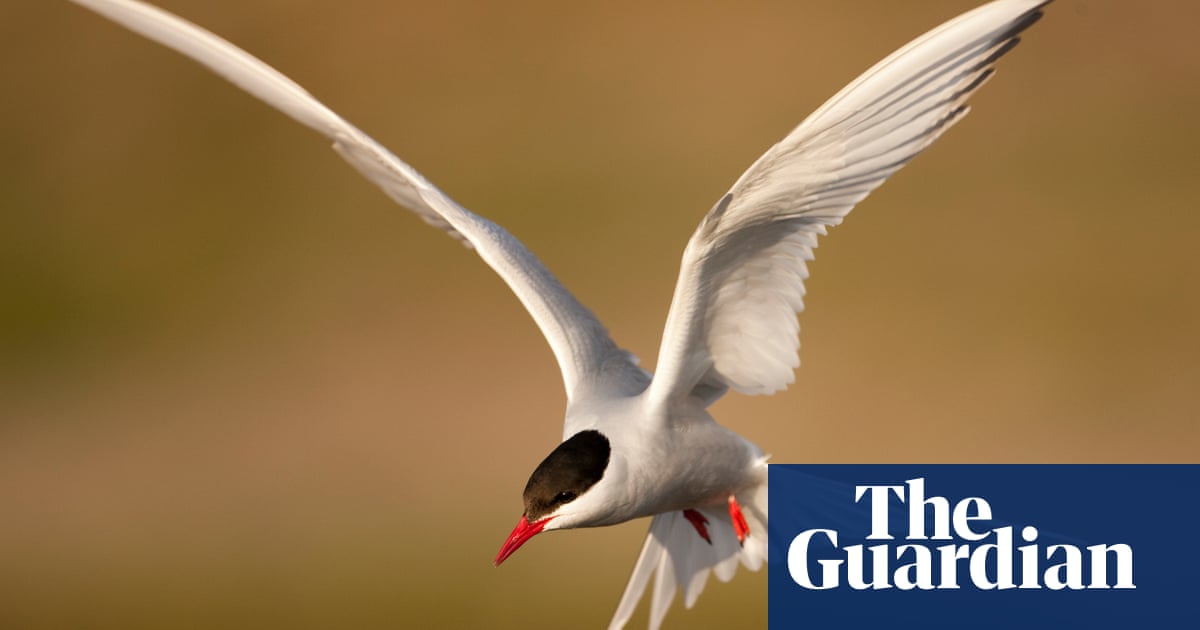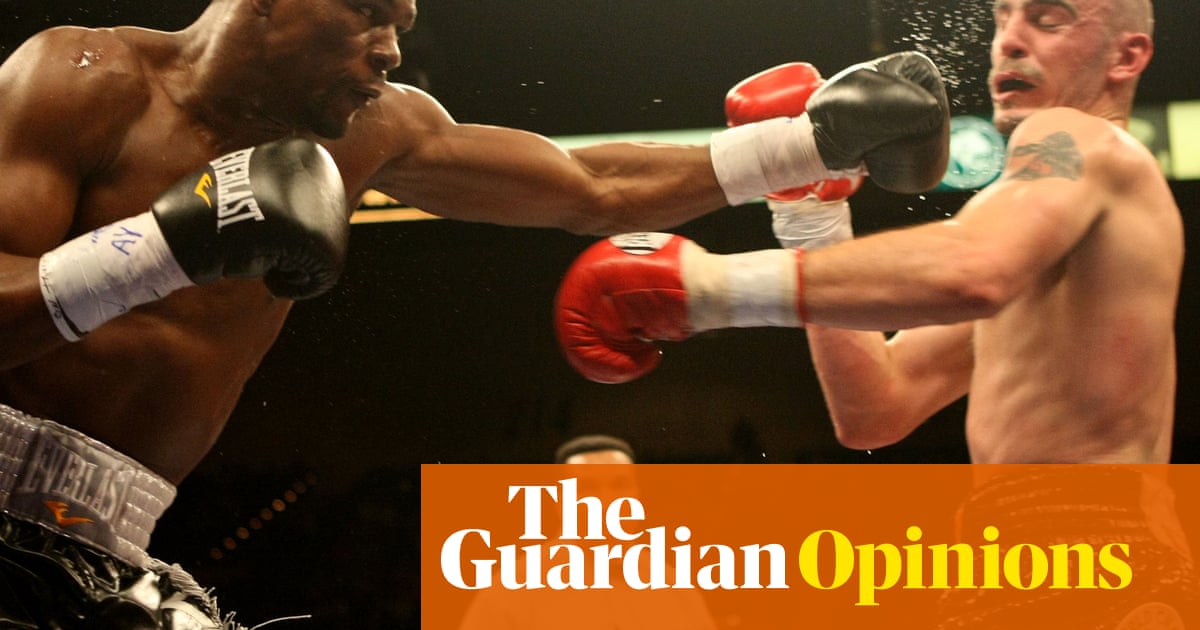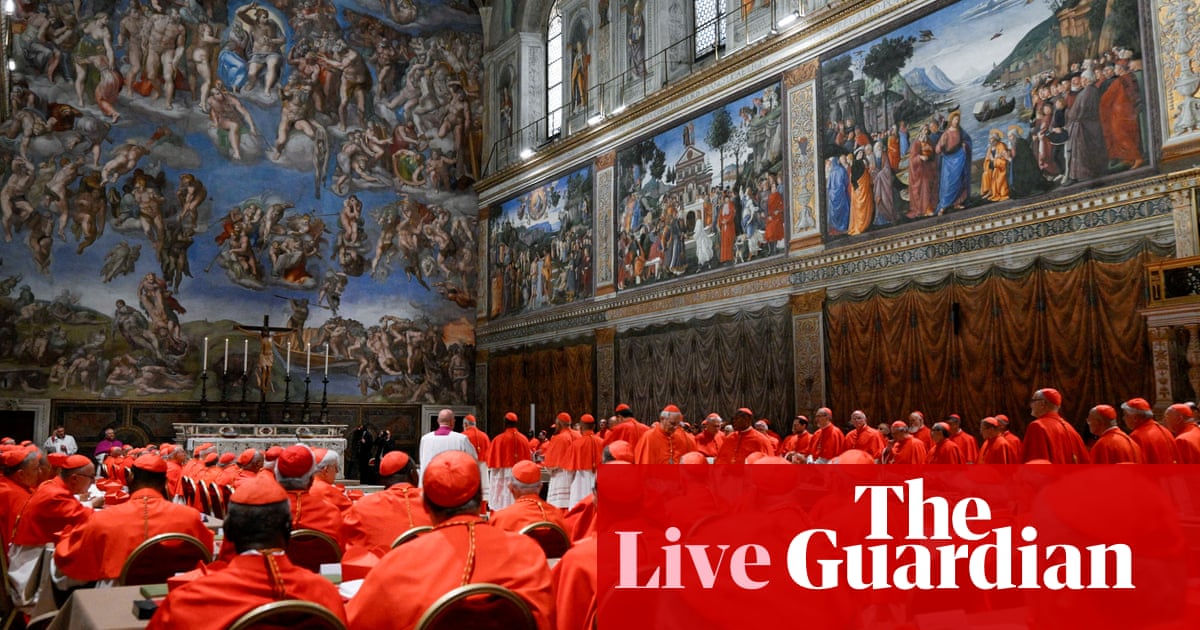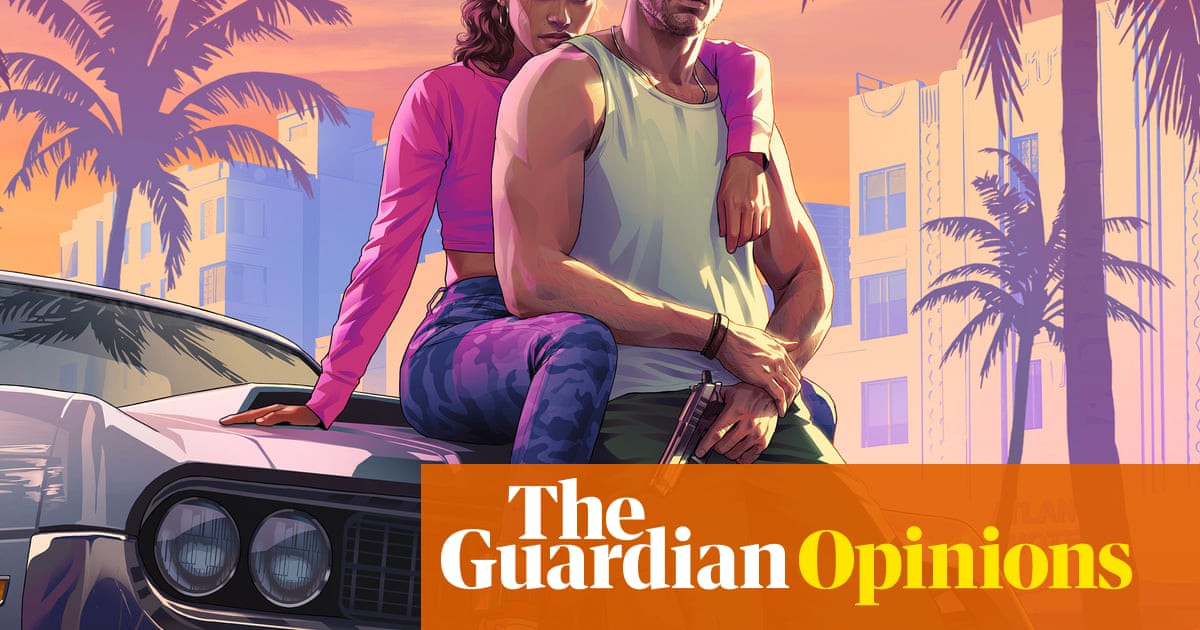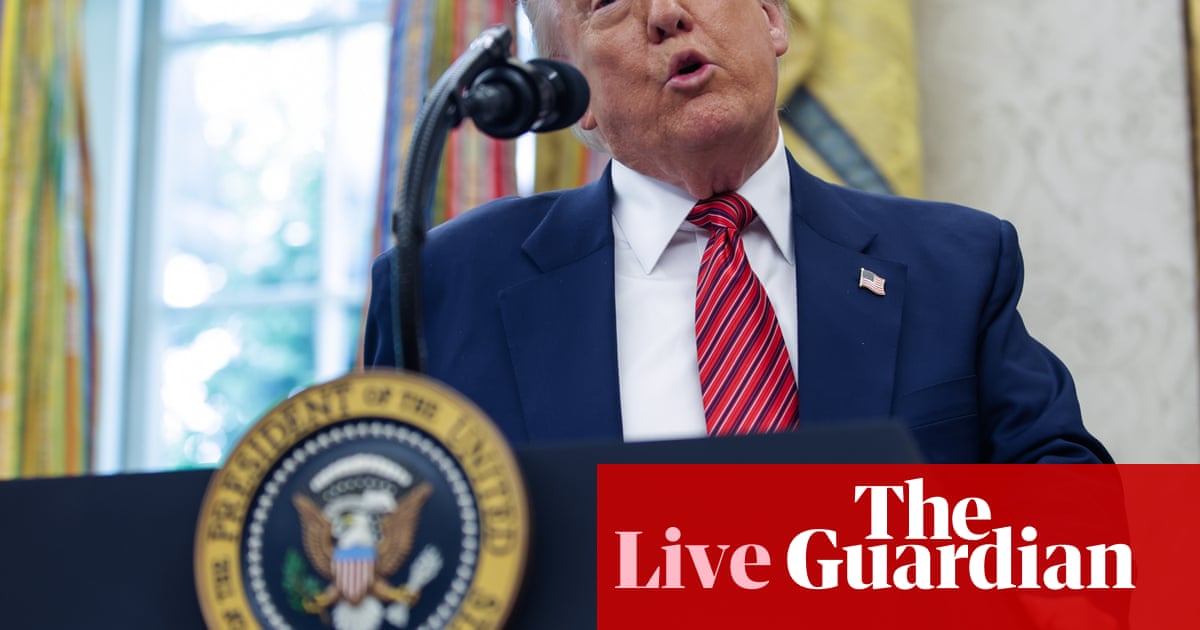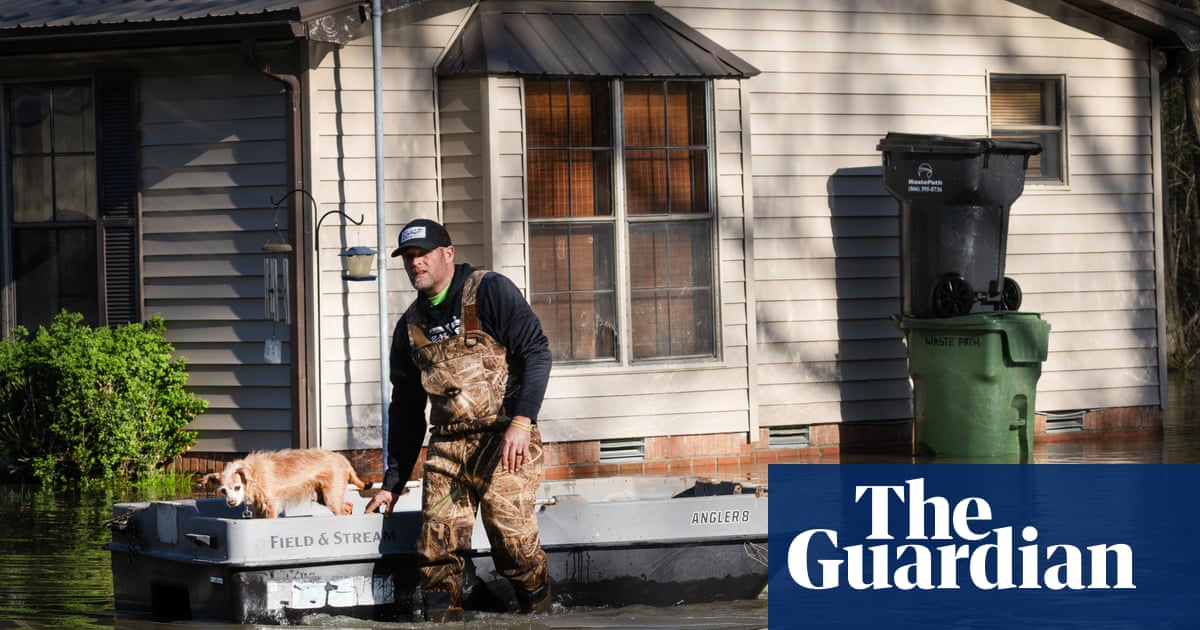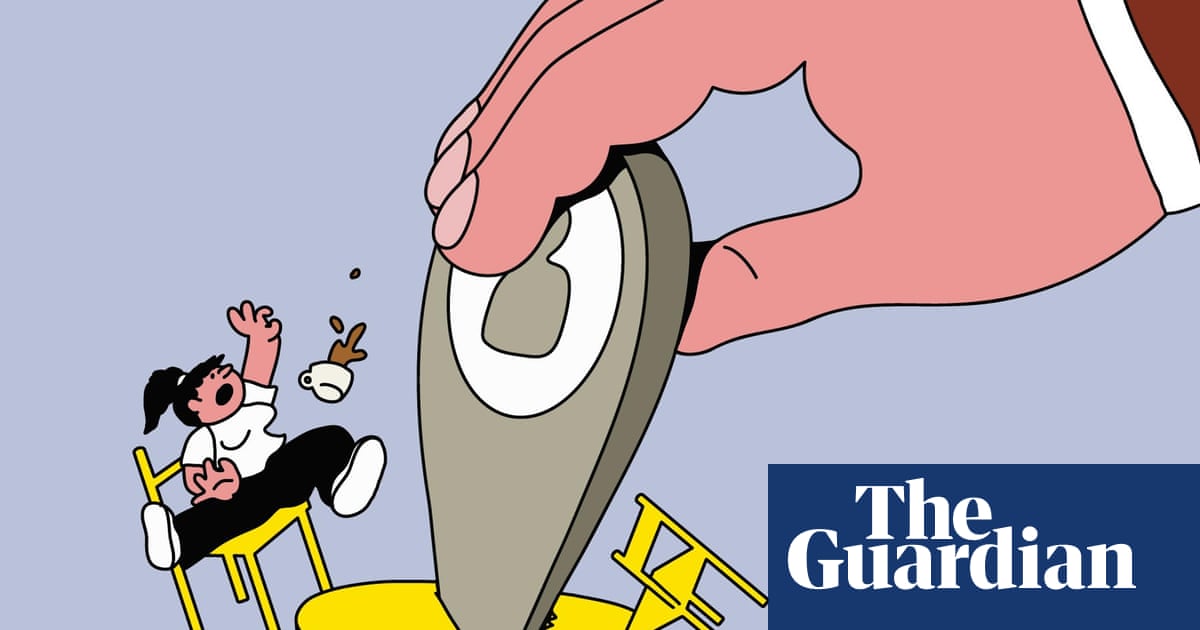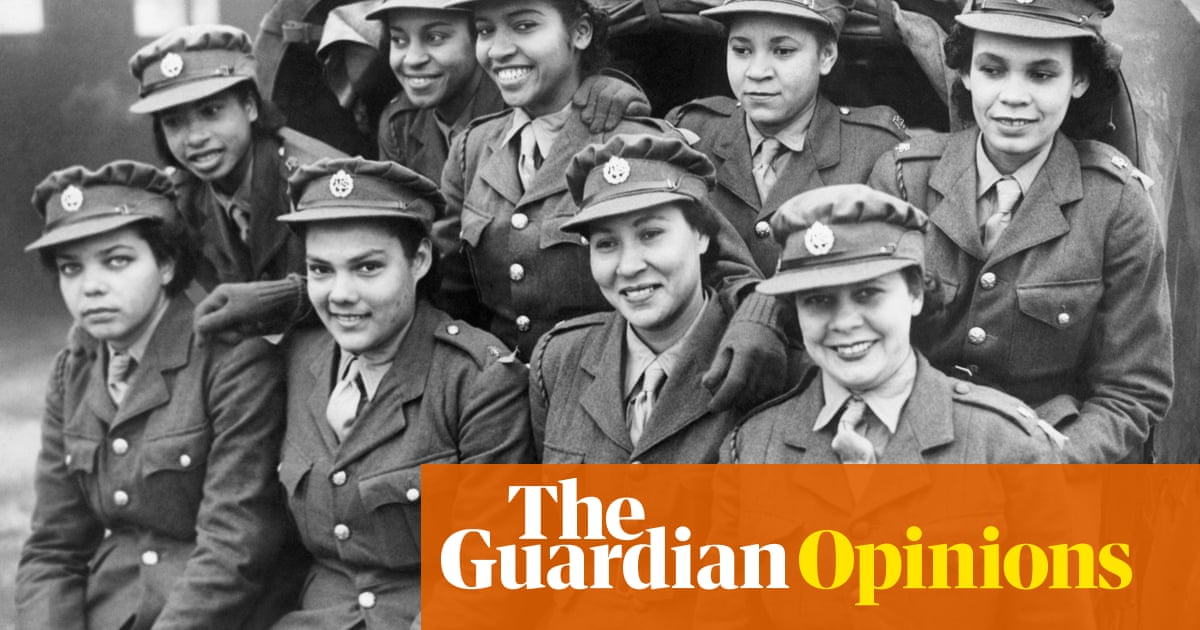A nature documentary on an order of cephalopods is probably not quite what Amazon had in mind in 2019 when it signed television’s hottest writing talent, Phoebe Waller-Bridge, up to a “golden handcuffs” deal worth $100m over five years. But here is Octopus! and quite how or why it came about will probably remain a mystery as deep and unknowable as any eight-armed creature disappearing into the crevices of the ocean floor ahead of a curious camera.
Ours is not to reason why, but to sit back and enjoy an idiosyncratic nature show, full not just of breathtaking footage of the extraordinary creature and input from experts in the field, but of animated, stop-motion recreations of parts of its life cycle, interviews with celebrity fans and plentiful comic asides and fourth-wall breakings from the narrator, Waller-Bridge herself. Describing one female great pacific octopus’s last few months collecting plentiful “sperm packets” from passing males, Waller-Bridge adds: “Legend.” When Ms Great Pacific chooses “Mike’s” packet”, Waller-Bridge explains that although he has “zero prospects, commitment issues and lives in a rough part of the ocean … he was the tallest, after all.” She – or rather Gabriel Bisset-Smith, who wrote the narration, which must also have Amazon execs rubbing their eyes and flicking through that deal contract again – plays too on the famous Fleabag line and comments, “This is not a love story.”
How this sits with you is a matter of personal taste, though I think that for everyone it must jar with the section in which ecologists and researchers stress the difficulties of understanding creatures so different from us and warn against anthropomorphism. Such asides risk undercutting the subject and/or creating an air of smug superiority that alienates the viewer. If PWB has avoided both, I suspect it is only by the thinnest of margins.
The bulk of the two-part documentary, however, is both gorgeously shot (by cinematographers including Luis Lamar, who also appears as an interviewee) and skilfully directed by Niharika Desai. It captures the bizarre elegance and unsettling everything about the boneless beings while dishing out enough facts and figures to leave you slightly better informed about them and as awed as when you began.
This includes a little social history of the octopus, beginning with an early mention by Aristotle who considered them “stupid” creatures, on through Danish bishop Pontopiddan’s choice to base the kraken sea monster on them and give them an enduring association with villainry until Japanese artist Hokusai complicated things by including two of them and a fisher’s wife in an 1814 erotica collection. Google this, if you must, very carefully. It wasn’t until a documentary by oceanographer and film-maker (and co-inventor of the first successful scuba equipment, known as the aqualung – see, I can educate too!) Jacques Cousteau in 1972 that the idea of octopuses as intelligent creatures and fascinating in their own right began to gain currency. Forty years later, octopuses were named alongside whales, magpies and great apes in the Cambridge Declaration of Consciousness and your plate of tapas became that much more problematic overnight.
Comedian and actor Tracy Morgan (best known here for playing Tracy Jordan in 30 Rock, which after Octopus! may stand revealed as a far less attenuated version of his real self than previously believed) is an octopus fan. He used to house them in aquariums at his home until he realised how fast and how large they could grow. But he is, PWB tells us, “a walking encyclopedia” of marine facts. I’m not sure, then, why he is restricted to showing us his own collection of venomous sea creatures and joining in the overlong closing section of the show filled with guff about the interconnectedness of all things.
Fortunately, there are enough non-celebrities with expertise who can give us the benefit of it without distraction. Foremost among them are marine biologist Dr Jenny Hofmeister and behavioural ecologist Piero Amodio, whose charm, marrow-deep love for their subjects and ego-free talent for sharing their knowledge with lay viewers should, in a just world, lead them to be given a show of their own. But we are where we are.
It remains a strange choice for PWB – you could even go further and say it is a waste of the finite time she has to share her profuse and valuable gifts with the world. That is not to say the documentary itself is a waste of time – it’s fun and enlightening and a delighted cephalopod PR department will surely be waving its many arms in the air – but you can only hope that it was done in a bit of downtime as Waller-Bridge works on her next great, as yet unspecified, thing.

 6 hours ago
4
6 hours ago
4

